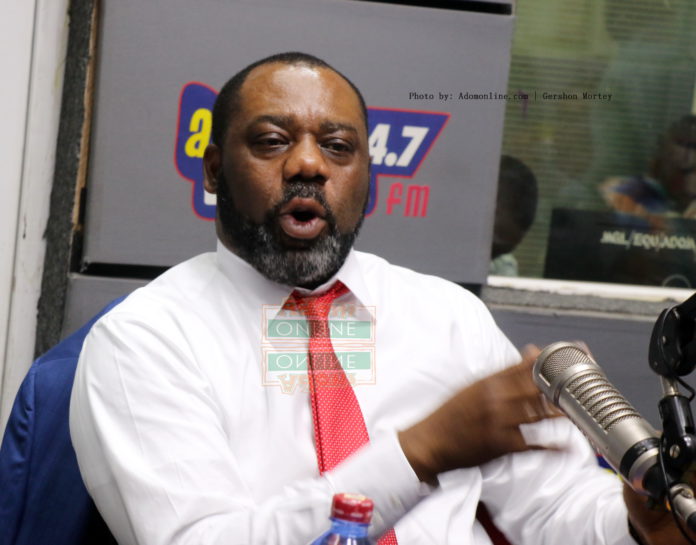Debates over the use of oil money to fund the government’s flagship programme, Free Senior High School (SHS), have surfaced once more, with the government insisting it was a good decision to use oil money to fund it.
According to the government, there was no better way to ensure the entire country benefitted from the oil, than to use some of its proceeds to invest in the education of its children, who would lead the country in the near future.
On the floor of Parliament yesterday, a Deputy Finance Minister, Abena Osei-Asare, expressed disappointment in the Minority for attacking the government over using part of the oil proceeds for the free SHS.
The House was debating a report of the Finance Committee on the annual report of the Public Interest and Accountability Committee (PIAC) on the management and use of petroleum revenues for the year 2018.
On Page 5 of the committee’s report, some GH¢414,643,349.65, representing 98.75% of the total expenditure, was on goods and services, namely, physical infrastructure and services delivery in education, the cause of the Minority’s rather untreatable-like headache.
Commenting on the motion, the former Energy Minister under the previous Mahama administration, Emmanuel Armah Kofi Buah, indicated that it was not right for a government to spend a huge amount of the Annual Budget Funding Amount (ABFA) on goods and services, looking at the current state of the country.
According to the Member of Parliament (MP) for Ellembelle Constituency, Armah Buah, the expenditure was within the established perimeters, “but, I am saying that under our circumstance, right now if we spend 1.2% on capital expenditure and spend almost 99% on consumables, I think we are making wrong choices.
“I think that the decision to spend four hundred and four million on basically buying foods and allowing party apparatchiks to supply food on our oil money is basically a wrong approach, and not inuring to the future of our children,” he said.
Meanwhile, Abena Osei-Asare, MP for Atiwa, disagreed with him and explained that the goods and services component was for the free SHS, an explanation which stoked fire into the debate.
“Mr Speaker, that [the] goods and services component is that of free SHS, so if you (Armah Buah) is telling Ghanaians that spending on free SHS is consumable, then Mr Speaker, I don’t know what he is talking about. This is building human capital so it is not consumable but expenditure on free SHS.”
But, like setting a trap, and getting your target, Armah Buah came back to say that he had been very careful not to bring the words Free SHS “but now that the honourable Deputy Minister has brought it, let’s talk about it.”
He questioned the mode of implementation of the policy, and quizzed, “so, you are saying because of free SHS we should use all our oil money?”
The PIAC, established under section 51 of the Petroleum Management Act 2011 (Act 815), is required to prepare two reports – semi and annual reports – each detailing how much petroleum revenue has been collected during the period under review, and how the amount so collected has been utilised.
The report, among other things, is to provide oversight and monitoring of the management of petroleum revenues. The reports are also expected to capture the performance of the Ghana Petroleum Funds (GPFs) and the feedback received from the citizenry during the PIAC public consultation.
Source:thechronicle.com.gh

